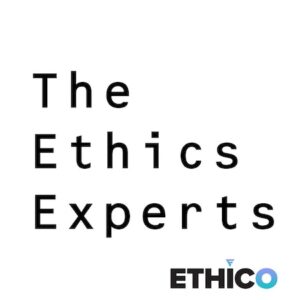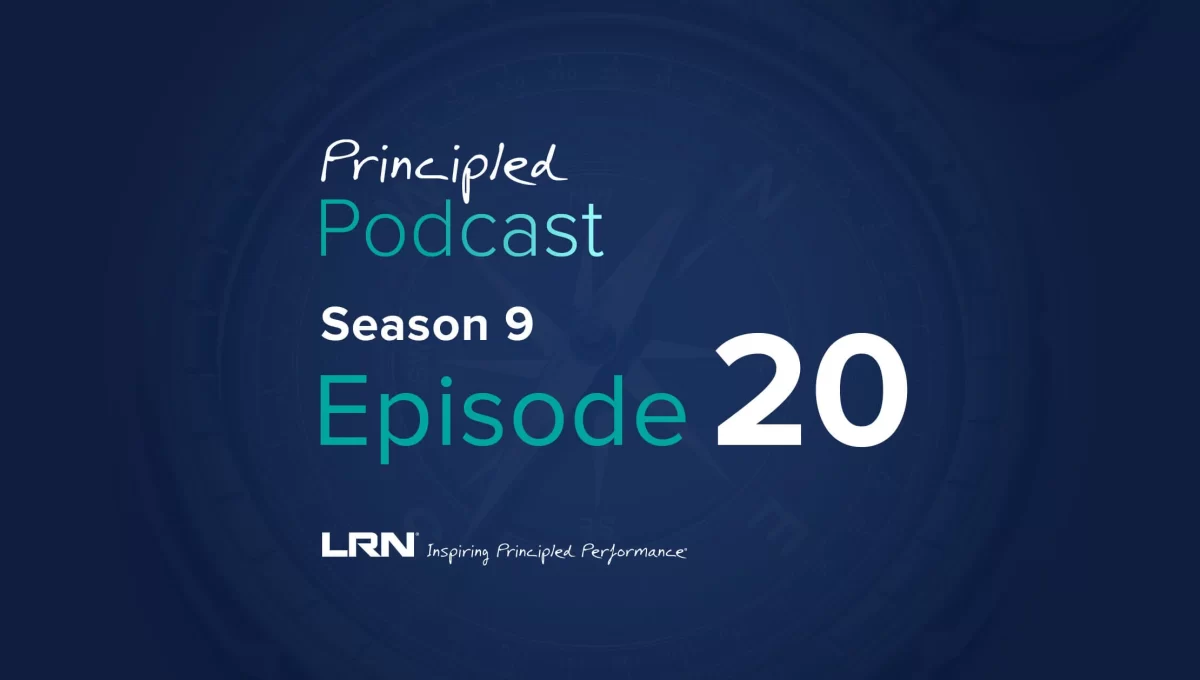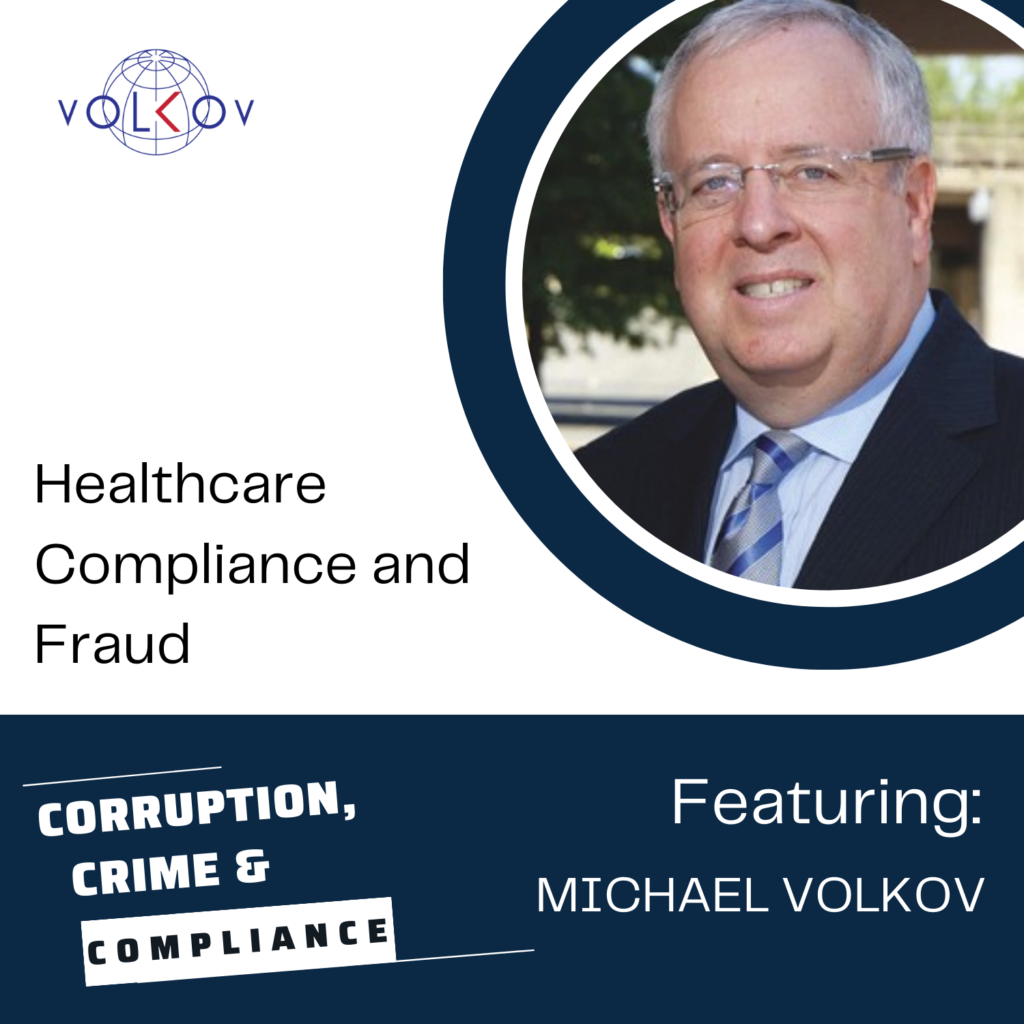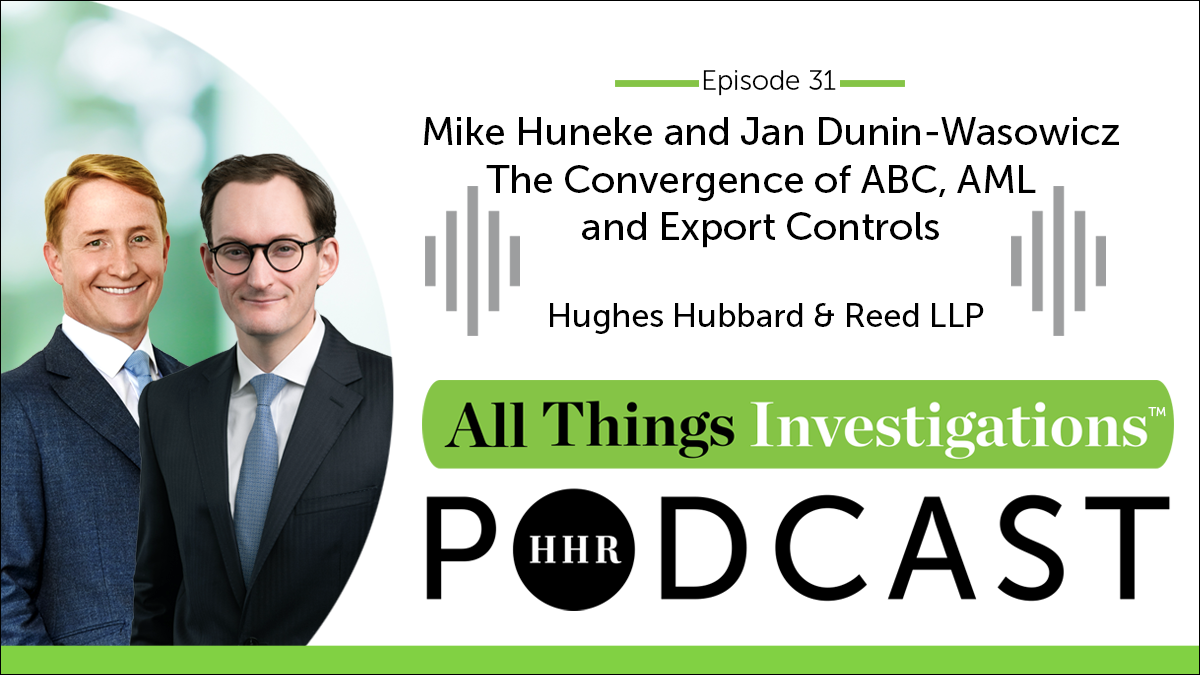What you’ll learn on this podcast episode
Does learning actually occur as a result of ethics and compliance training, or are employees just paying lip service when they take courses? How can you tell the difference? Today, the E&C community is focused on program impact and effectiveness rather than checking boxes—in part because regulators have made it clear that E&C programs must show impact from their activities. On the season 9 finale of the Principled Podcast, Susan Divers discusses how compliance teams can ensure they’re getting the right insights to improve their programs with Kristi Kevern, the senior managing director at Dell Technologies. Listen in as Kristi shares how her team collects and analyzes data to manage better and enhance Dell’s E&C program, particularly in the training area.
Guest: Kristi Kevern
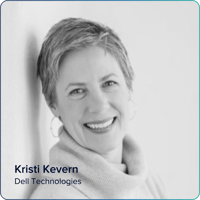
Kristi Kevern is an innovative thought leader with 20+ years of experience in internal control design, implementation, management, and assurance. At Dell Technologies, Kristi drives enterprise-wide risk management and governance activities, conceptualizes and implements global programs aimed at mitigating FCPA, AML, SOX, ESG, and other key risks, turns findings into fixes with post-investigation remediation, and experiments with AI and ML for further prevention and insights using data. Prior to Dell, Kristi served as a founding member of the Coca-Cola Company’s Ethics Office, where she investigated allegations of fraud and served as an ethics advisor to the credit union. As a former Big 4 manager at PricewaterhouseCoopers LLP, Kristi led assurance and attestation engagements for Fortune 500+ clients. Kristi is a recipient of TRACE International’s Innovation Award, and she has led Dell Technologies to an Ethisphere World’s Most Ethical Company designation 10 times. She is the membership chair of the Conference Board’s Global Business Conduct Council and a frequent speaker at conferences and universities. Kristi graduated with honors from Auburn University and is a Certified Public Accountant residing in Austin, Texas.
Host: Susan Divers

Susan Divers is a senior advisor with LRN Corporation. In that capacity, Ms. Divers brings her 30+ years’ accomplishments and experience in the ethics and compliance area to LRN partners and colleagues. This expertise includes building state-of-the-art compliance programs infused with values, designing user-friendly means of engaging and informing employees, fostering an embedded culture of compliance, and substantial subject matter expertise in anti-corruption, export controls, sanctions, and other key areas of compliance.
Prior to joining LRN, Mrs. Divers served as AECOM’s Assistant General for Global Ethics and Compliance and Chief Ethics and Compliance Officer. Under her leadership, AECOM’s ethics and compliance program garnered six external awards in recognition of its effectiveness and Mrs. Divers’ thought leadership in the ethics field. In 2011, Mrs. Divers received the AECOM CEO Award of Excellence, which recognized her work in advancing the company’s ethics and compliance program.
Mrs. Divers’ background includes more than thirty years’ experience practicing law in these areas. Before joining AECOM, she worked at SAIC and Lockheed Martin in the international compliance area. Prior to that, she was a partner with the DC office of Sonnenschein, Nath, & Rosenthal. She also spent four years in London and is qualified as a Solicitor to the High Court of England and Wales, practicing in the international arena with the law firms of Theodore Goddard & Co. and Herbert Smith & Co. She also served as an attorney in the Office of the Legal Advisor at the Department of State and was a member of the U.S. delegation to the UN working on the first anti-corruption multilateral treaty initiative.
Mrs. Divers is a member of the DC Bar and a graduate of Trinity College, Washington, D.C., and the National Law Center of George Washington University. In 2011, 2012, 2013, and 2014, Ethisphere Magazine listed her as one of the “Attorneys Who Matter” in the ethics and compliance area. She is a member of the Advisory Board of the Rutgers University Center for Ethical Behavior and served as a member of the Board of Directors for the Institute for Practical Training from 2005–2008.
She resides in Northern Virginia and is a frequent speaker, writer, and commentator on ethics and compliance topics. Mrs. Divers’ most recent publication is “Balancing Best Practices and Reality in Compliance,” published by Compliance Week in February 2015. In her spare time, she mentors veterans and university students and enjoys outdoor activities.
